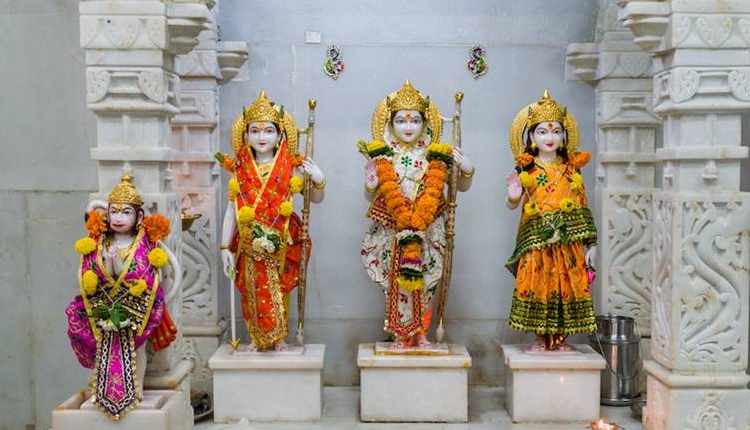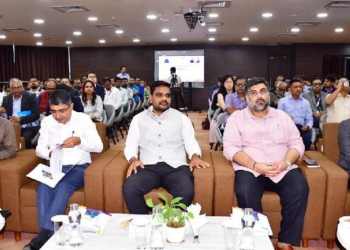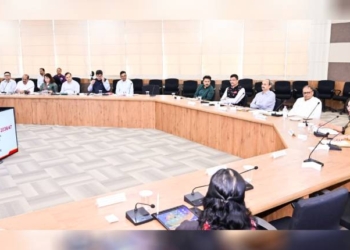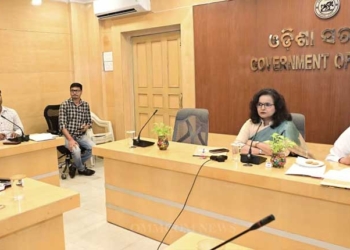Bhubaneswar: Ram Navami is the celebration of Lord Ram’s birth anniversary. It is observed as the conclusion of Chaitra Navratri or Vasanta Navaratri that begins on Ugadi. It is one of the five major holy festivals celebrated by all castes of the Hindu religion. The festival is celebrated on the ninth day of the Shukla Paksha, as per the Hindu calendar’s Chaitra month, and is usually celebrated in March or April every year.
History
The historical significance of Ram Navami dates back to ancient times when King Dasharatha, unable to have a child, performed the Putra Kamesti Yagna on the advice of Rishi Vashishth. As a result, Queen Kaushalya gave birth to Ram, Sumitra to Lord Shatrughan and Lord Lakshman, and Kaikeyi to Lord Bharat. Lord Ram, the seventh incarnation of Lord Vishnu, is revered for his virtuous and righteous nature, serving as an exemplary figure known as ‘Maryada Purushottam.’
Lord Ram is one of the ten incarnations of Lord Vishnu. Lord Ram is believed to be an ideal human being and a symbol of truth, righteousness, and virtue. He is also known for his bravery, courage, and devotion to his duty.
Spiritual Significance
Though Lord Ram’s story is history, it is also an eternal phenomenon happening all the time. The Sanskrit word Ram translates to ‘the light of the self’. The light within us is called Ram. Kaushalya means skill, and Dashrath means one who has ten chariots. Our body has ten organs – Panch Jnanendriya, or the five organs of knowledge which are ears, skin, eyes, tongue, and nose and Panch karmendriya or the five organs of action which are the mouth, hands, feet, reproductive, and excretory organs. Ayodhya, lord Rama’s place of birth means the one which is devoid of any war or violence. Thus we celebrate Chaitra Navratri as the birthday of Lord Ram.
Celebrations
In India, Ram Navami is celebrated with great interest and devotion. People clean and decorate their houses, draw rangolis on their doorsteps, and decorate the altar to place the small idol of Lord Ram. They also visit temples and offer prayers to Lord Ram, who is celebrated with various rituals, including fasting, reciting and listening to the epic Ramayana, organising processions, and performing havans.
On this day, devotees recite verses from holy scriptures like the Ramayana and Shrimad Bhagavatam, and dress up and bathe the idols of Lord Ram in temples with their families and friends.















